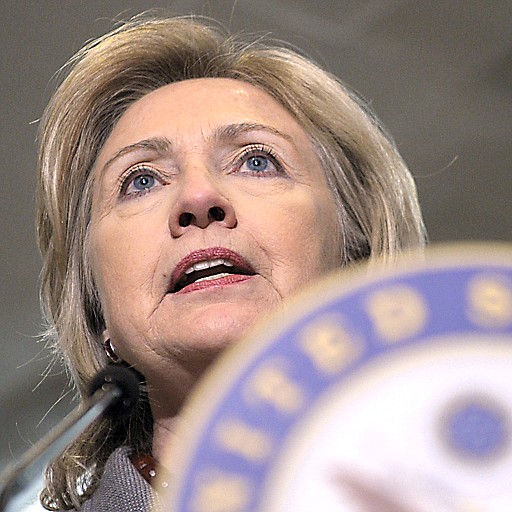WASHINGTON - Confronting multiple crises across the Middle East, the Obama administration reprimanded key ally Bahrain on Thursday for a violent crackdown on anti-government protesters inspired by the fall of the longtime autocratic leader in Egypt.
The United States also moved to support efforts to erect a new democracy in Egypt by redirecting some of the money once intended for the ousted government of Hosni Mubarak.
As with Egypt, the Bahrain crisis pointed up the limits of U.S. influence over the political upheaval that has spread rapidly and sometimes unpredictably. Despite billions in aid to strategic peacemaker Egypt and the presence of a major military base housed in usually placid Bahrain, the U.S. could do little more than admonish urge restraint.
The White House expressed the administration's "strong displeasure" and alarm at developments in Bahrain, the tiny Persian Gulf kingdom that is home to the sprawling U.S. Navy base that would be the headquarters for any future American conflict with Iran.
At the same time, on a separate front, the administration engaged in furious last-minute diplomacy to stop the Palestinians from forcing a vote on a U.N. Security Council resolution condemning Israel. If passed, the measure would infuriate the closest friend the United States has in the region and if rejected could further inflame already soaring tensions throughout the Arab world.
President Barack Obama called Palestinian President Mahmoud Abbas, but neither the White House nor the Palestinians gave a detailed account of the 50-minute call.
As for Bahrain, White House spokesman Jay Carney said Obama supports peaceful protesters but, as in Egypt, does not want to dictate a political outcome.
That message was also delivered by Secretary of State Hillary Rodham Clinton and Defense Secretary Robert Gates who spoke with their counterparts in Bahrain, the longtime headquarters of the U.S. Navy's 5th Fleet and an anchor of U.S. defense strategy in the Mideast.
Clinton spoke with Foreign Minister Sheik Khalid bin Ahmed Al Khalifa, to register Washington's shock and concern about the crackdown overnight. Army patrols and tanks locked down the capital of the kingdom after riot police fired tear gas and beat demonstrators who were demanding political changes. At least four people were killed.
Clinton told reporters she "directly conveyed our deep concerns about the actions of the security forces." She noted that there would be funerals and prayer meetings on Friday and said she had expressed hope they "not be marred by violence."
She said Bahrain had long been a friend and ally and "we call on restraint from the government to keep its commitment to hold accountable those who have utilized excessive force against peaceful demonstrators, and we urge a return to a process that will result in real, meaningful changes for the people there."
Gates spoke by phone Thursday morning with Crown Prince Salman of Bahrain, deputy commander of Bahraini defense forces, said Pentagon press secretary Geoff Morrell. He gave no details about what Gates said, except that he "discussed the current security situation" with the prince.
Later, Gates told lawmakers the U.S. has been encouraging reforms in the region for some time.
"The truth is I think the U.S. has consistently - primarily privately, but also publicly - encouraged these regimes for years to undertake political and economic reforms because the pressures were building," Gates told a budget hearing before the Senate Armed Services Committee. "And now they need to move on with it and there is an urgency to this."
Also on Capitol Hill, Clinton gave lawmakers a classified briefing on developments around the Middle East and said the administration would redirect $150 million of $1.5 billion in U.S. aid money to Egypt "to put ourselves in a position to support the transition there and assist with their economic recovery."
She said senior State Department and White House officials would travel to Egypt next week "to consult on how we can most effectively deploy our assistance."
Elsewhere in the Middle East on Thursday, several thousand Yemeni protesters defied appeals for calm from the military and the country's most influential Islamic cleric and marched through the capital. And in Libya, protesters seeking to oust longtime leader Moammar Gadhafi defied a crackdown and took to the streets in four cities.
---
Associated Press writer Jim Abrams contributed to this report
